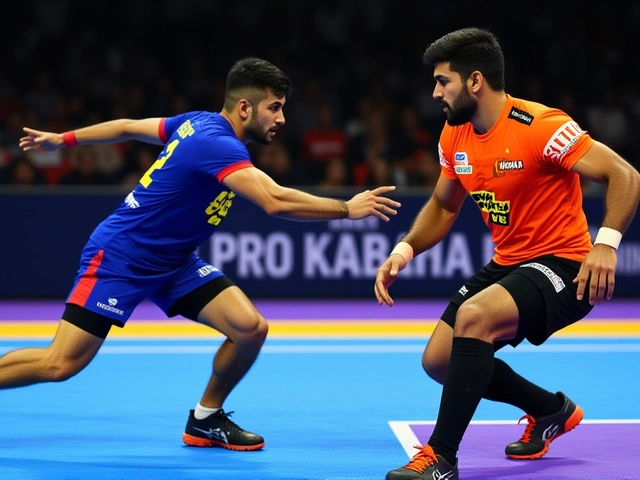IPS Probationers: Training, Duties and How to Succeed
If you’re an IPS probationer or getting ready to join, you probably want a plain, usable map of what comes next. An IPS probation period is where you move from selection to practice — training, field posting, evaluations, and the daily grind of policing. This guide tells you what happens, what’s expected, and how to avoid common mistakes.
What happens during probation?
After the UPSC final list, new IPS officers go for basic training at the Sardar Vallabhbhai Patel National Police Academy (SVPNPA) in Hyderabad. That phase lasts roughly 9–12 months and covers law, investigation techniques, firearms, leadership, and physical training. After academy training, you’ll spend about a year in district-level field training as Assistant Superintendent of Police (ASP) or equivalent. That district stint is where theory meets reality — crowd control, crime investigations, community work, and administration.
During these two years you’ll be assessed continuously. Evaluations look at your conduct, report-writing, investigation skills, public dealing, leadership, and fitness. Medical fitness and discipline matter a lot. Failures can lead to extended probation or other administrative action, so stay sharp and open to feedback.
Practical tips to clear probation and perform well
1) Learn the ground rules fast. Know the Criminal Procedure Code (CrPC), Indian Penal Code (IPC), and key evidence rules that apply every day. You don’t need to memorize everything, but know where to look and how to apply basics in common situations.
2) Build good relationships. Work closely with senior officers, local administration, and community leaders. Policing is team work — cooperation reduces mistakes and helps you get things done legally and safely.
3) Keep detailed records. Clear, dated reports and FIRs protect you and help investigations. Good paperwork shows professionalism during reviews.
4) Sharpen people skills. Talk calmly with victims, witnesses, and suspects. De-escalation, clear instructions, and empathy go a long way in controlling crowds and solving cases without escalation.
5) Stay physically and mentally fit. Regular exercise, adequate rest, and stress management keep you effective. Probation is intense; mental resilience prevents errors and burnout.
6) Embrace continuous learning. Ask for feedback, attend in-service training, and observe experienced officers. Field experience teaches faster than any classroom.
Remember: probation is evaluation but also chance. Show consistency, responsibility, and willingness to learn. Small habits — punctuality, tidy files, correct use of procedure — add up and make a big difference at review time. Treat every posting as a learning lab, and you’ll finish probation ready for the next stage of your IPS career.

Stay off social media: Amit Shah to IPS probationers?
In a recent address to IPS probationers, India's Home Minister, Amit Shah, urged them to avoid spending excessive time on social media. He explained that while it can be a valuable tool, it can also be a source of unnecessary distraction that detracts from their primary responsibilities. Shah emphasized that as future law enforcement leaders, they should focus more on ground realities rather than virtual perceptions. This stance reflects an awareness of the potential pitfalls of social media, though it may spark debates over its role in contemporary policing. His comments underscore a broader conversation about the impact of digital platforms on our professional lives.
CONTINUE READING



